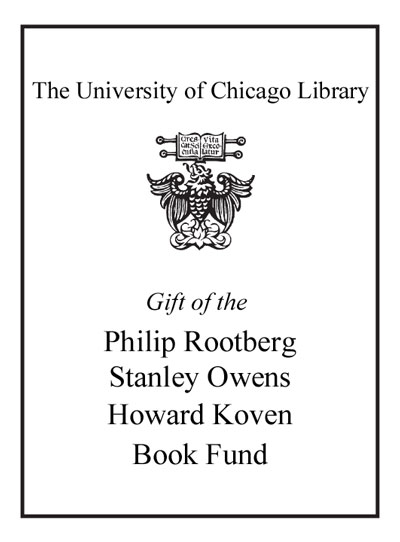Review by Choice Review
The author argues in this complex interpretation that Israel is a sovereign country but not a full nation-state. He argues, as the Israeli Supreme Court has argued, that Israel is not a "Nation State" but rather a "State of Jews" but not of Israelis. The reason is that an Israeli identity would mean that the non-Jewish population, largely Palestinian, would be included, diminishing the Jewishness essence of the state. Israel did evolve as a basic nation-state via the three major Zionist ideologies--socialist, revisionist, and religious. The first two were largely secular but retained Jewish tradition and law. The author interprets the Jewish scholar A. B. Yehoshua as representing a current strong trend, although not yet dominant, among Israeli Jews favoring a theopolitics of statist Judaism. He even argues that diasporic Jews are "partial Jews." To be fully Jewish, a Jew must live in Israel and be governed by Jewish institutions. As for Palestinians, they should live in another state (West Bank?) or experience erasure of their identity through national conversion. The author concludes, however, that the current statist status quo will persist, at least for the foreseeable future. Summing Up: Recommended. Upper-division undergraduates through faculty. --Robert W. Olson, University of Kentucky
Copyright American Library Association, used with permission.
Review by Choice Review

